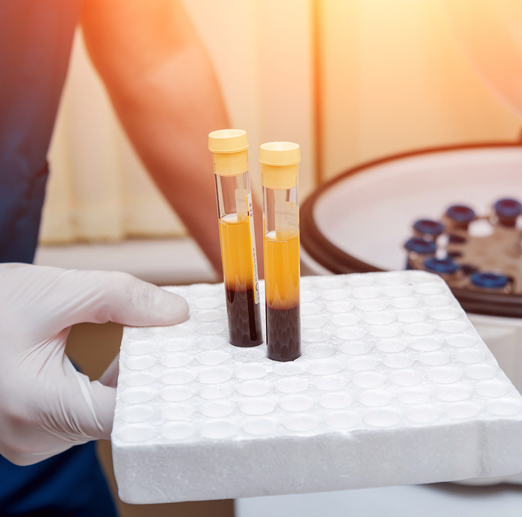JAPANESE ENCEPHALITIS VIRUS VACCINE SERUM: 6 MONTH IGG BLEED
We are pleased to make available a liquid preparation of Japanese Encephalitis virus (JEV) vaccine IgG serum obtained from a recipient of the Japanese Encephalitis Virus vaccine (IXIARO (Strain SA14)), 6 months post immunisation. This vaccine serum is therefore suitable as a source of anti-JEV IgG antibodies. Japanese Encephalitis vaccine sera is appropriate for use as diagnostic immunoassay controls and in vaccine R&D, for both JEV assays and to investigate assay cross-reactivity with other flaviviruses.
BACKGROUND
Japanese encephalitis virus (JEV) is the most significant cause of viral encephalitis in Asia. It is a mosquito-borne flavivirus belonging to the same genus as the Dengue, Yellow Fever and West Nile viruses. The annual incidence of clinical disease varies both across and within endemic countries, ranging from <1 to >10 per 100,000 people or higher during outbreaks. In Asia, Japanese encephalitis is the leading cause of viral encephalitis in children, with up to 70,000 cases reported annually. In most cases, JEV infection causes mild symptoms, but a small number of cases develop into severe life-threatening encephalitis. The symptoms of JEV infection are like those seen in other conditions that cause severe encephalitis syndrome. In cases presenting with severe encephalitis, mortality rates can be as high as 30%, with survivors developing long term neurological and behavioural complications. Currently, there is no specific antiviral therapy for JEV, though safe and effective licenced vaccines are available.
Diagnosis of JEV infection is achieved by serological testing for JEV specific IgM antibodies in the patient’s cerebrospinal fluid or serum. However, cross-reactivity of JEV specific antibodies with other Flaviviruses that co-circulate with JEV, such as Dengue virus, can be a challenge and can prevent accurate diagnosis.

